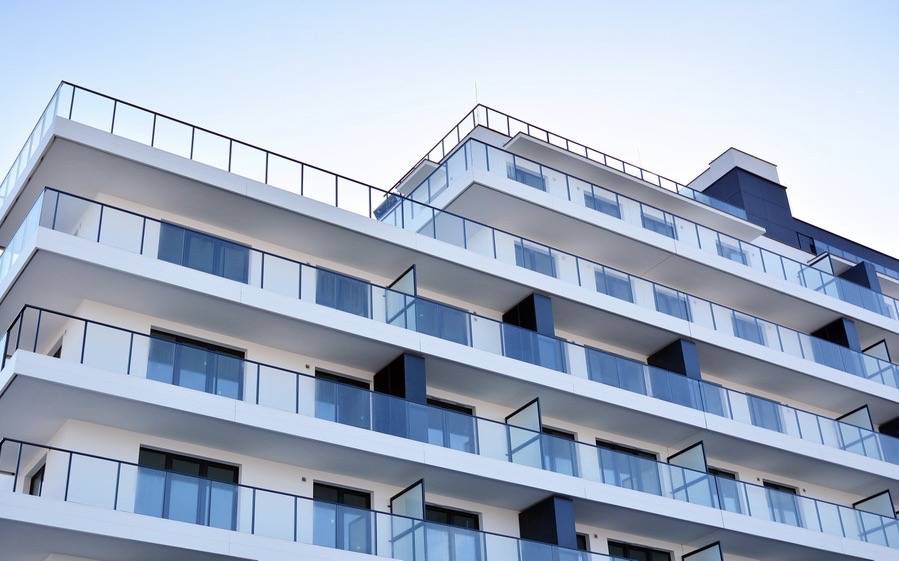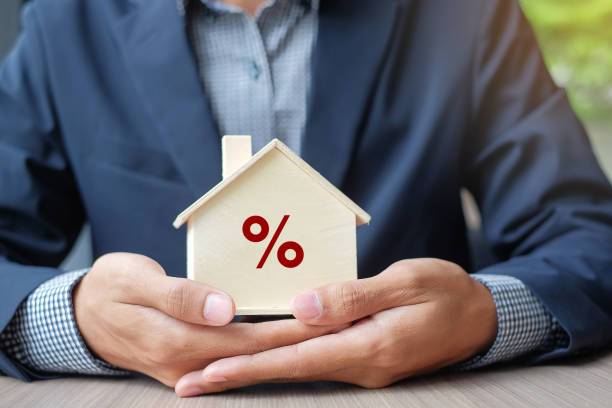What You Should Know About the Toronto Vacant Home Tax
What You Should Know About the Toronto Vacant Home Tax The Toronto Housing Affordability Task Force has proposed a new 1% vacant home tax that could go into effect as soon as the beginning of 2022. The Toronto City Council voted in favor (24-1) in December to implement the tax levy on vacant homes in order to increase the housing supply, thereby opening the housing and rental markets and to generate post-pandemic tax revenue for Toronto in order to fund necessary affordable housing projects throughout the city. After the law is enacted, homeowners will have to declare annually by the due date whether or not their home is vacant, and the city may conduct an audit to confirm the status of the property. Now, city officials propose wrapping up public consultations so that the tax can go into effect on January 1, 2022, with the first annual property declarations in regard to the 2022 taxation due in 2023. A staff report published this week describes the vacant home tax as a policy tool that “encourages the conversion of units that are being held vacant into ones that are occupied” by addressing “housing market disparities between the lack of rental housing on the one hand and readily available empty homes on the other.” As stated in the report, the primary goal of the tax is to decrease the number of vacant homes that could be used to meet the growing demand for affordable housing. A secondary benefit of this tax is the revenue it generates for the city from people who choose not to live in their own homes, which could be used to subsidize the construction of more low-cost rental units. The goal of the tax is to encourage homeowners to keep their homes occupied or, if they choose to let them sit empty, to alter their habitation patterns. The proposed starting tax rate is 1% of the property’s assessed value, as proposed by the staff. If the assessed value of a vacant home is $1,000,000 in 2022, for instance, the owner would be required to pay $10,000 in annual tax. Staff wrote in the report, “It can be reasonably assumed that some owners of vacant properties may seek out tenants in 2021 to avoid paying the tax.” The effective taxation date of the tax is January 1, 2022. Workers believe the COVID-19 pandemic may have contributed to the reasons why so many Toronto homes have been abandoned. The City claims that until the tax declaration and audit process is fully implemented and carried out in early 2023, it will not be possible to determine the exact number of vacant homes in Toronto. Suppose 1% of Toronto’s housing stock is vacant and subject to the tax, at a 1% tax rate on average Toronto’s current value assessment. In that case, the vacant home tax could yield $55 to $66 million in (gross) tax revenue per year, based on data from a similar tax in Vancouver as a proxy for Toronto. How will the vacant home tax work? Each year, homeowners will have to verify for themselves whether or not their property is zoned for residential use. This will determine whether or not the vacant home tax applies to the property. Household property owners have no further obligations. Vacant property owners must pay a tax equal to one per cent of their property’s current market value (CVA). If a home was unoccupied in 2022, the owner will have to start paying the tax the following year in 2023. How to declare? The tax declaration form for homeowners can be filed electronically. One can also opt for the traditional paper version. According to Toronto, tax notices will be mailed out in March and April, with May 1 as the deadline for making payments. Exemptions The tax does not apply to some houses that are vacant. Examples of such cases are: A fatality in the home Occupancy is prohibited due to a court order because the primary resident is a patient in a hospital or resident in a nursing home. Owner currently resides outside of the Greater Toronto Area but will need to use the property for at least six months of the year due to work-related relocation. Adjustments and refurbishments Authorized change of legal ownership Ratehub.ca’s director of content, Penelope Graham, advised those who have received tax exemptions or who might otherwise fall through the cracks to maintain regular contact with local government. She stressed the importance of keeping in touch with the local government and staying one step ahead of any potential problems. Possible Fines Penelope Graham, advised homeowners to submit on time to avoid hefty fines ranging from $250 for late submission to $10,000 for submitting a false declaration. In a phone interview with BNNBloomberg.ca on Monday, she warned homeowners that the city is “quite stringent” in terms of fines if they don’t comply. Those who fail to file a declaration may also be subject to the full Vacant Property Tax. Overdue tax payments will accrue interest at a rate of 1.25 percent per month for as long as the payments are late. In the event of nonpayment, Toronto has stated that they will assess a penalty against the property owner. The City of New York should implement a tax on empty homes as a means of easing the housing shortage. Joe Cressy, a member of Toronto’s city council, said that the tool has been used effectively in other cities. More than fifth fewer empty homes were found in Vancouver after the city instituted a vacancy tax. Cressy argued that lowering Toronto’s vacancy rate would increase the number of rental units available to those who make their living in the city rather than just flipping them for a profit. Based on tax data from Vancouver, the new law has the potential to bring in $55 to $66 million annually, although it is currently unknown how many homes in Toronto are vacant. In addition, the federal government has declared its
What You Should Know About the Toronto Vacant Home Tax Read More »



